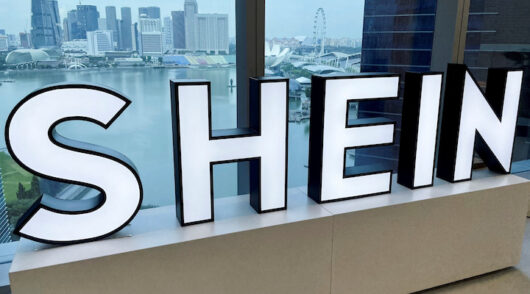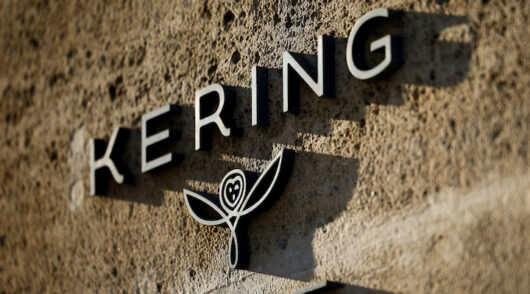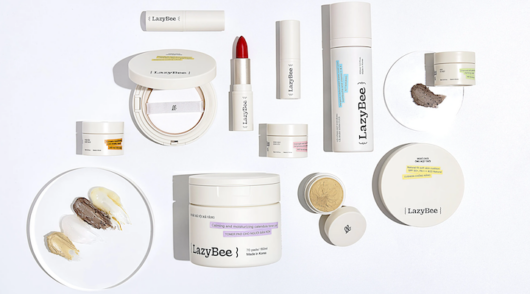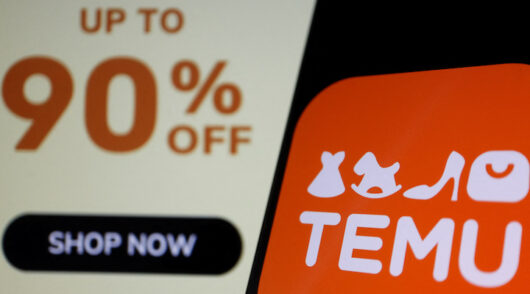The US$16.2 billion Tiffany takeover by luxury-goods group LVMH appears in doubt.
The New York-listed jeweller’s share price tumbled 9 per cent after Women’s Wear Daily reported that LVMH board members held a special meeting in Paris to discuss the bid.
Initially, both Tiffany and LVMH declined to comment on the matter. However on Wednesday (Asian time) LVMH issued a statement reiterating it would not buy shares on the market, where they are currently trading at less than the price agreed when the offer was accepted last November. That would have been one way the company could have reduced the total cost of the acquisition.
Reuters has reported, however, that LVMH CEO Bernard Arnault is exploring ways to reopen negotiations in an attempt to reduce the price.
“While Arnault now has concerns about overpaying for Tiffany, he still believes in the deal’s strategic rationale, according to the sources,” reported Reuters. “Tiffany will give LVMH a bigger share of the lucrative US market and expand its offerings in jewellery, the fastest-growing sector in the luxury goods industry.”
Store closures in the wake of the Covid-19 pandemic, the collapse of tourism and social unrest in the US related to the death of George Floyd at the hands of Minneapolis police are raising concerns about the state of the US economy. The LVMH board is reportedly questioning whether the jeweller will be able to meet its debt obligations once the takeover is complete.
Terms of the Tiffany takeover were agreed well before the Covid-19 crisis hit China and then North America, both key markets for the jeweller. LVMH agreed to pay $135 per share for Tiffany, representing its largest acquisition to date, with plans to roll it into the jewellery & watches division where it would sit alongside Bulgari and Tag Heuer.
Tiffany stores have been closed in the US since mid-March due to the pandemic and this week, many were boarded up to protect them from looting during the US protests.
In Hong Kong, where the company used to command strong sales to mainland Chinese tourists, sales have taken a severe hit, first due to social unrest and then due to the closure of borders due to coronavirus.






